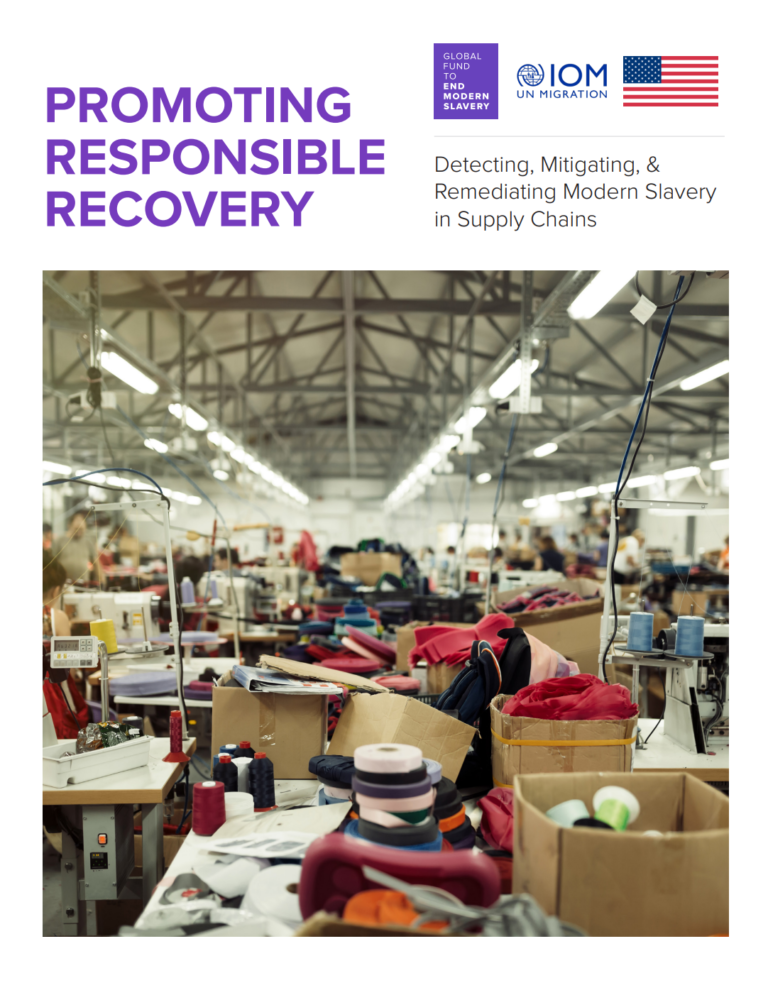Understanding the Effect of the COVID-19 Pandemic on Informal Apparel Workers in Bangladesh
COVID-19 resourcesThis briefing presents the results of a survey conducted with informal Ready-made Garment (RMG) workers in Bangladesh to assess their heightened vulnerabilities during the COVID-19 pandemic in relation to food security, debt, reduced employment, and...Read More

